The UK has made a commitment to reaching net zero greenhouse gas emissions by 2050, but to achieve that requires fundamental changes to how we all live and work.
In particular, there are certain industries that currently produce vast volumes of carbon emissions, and construction is one such sector that needs to change how it operates to bring the UK's carbon footprint down. A large contributor to climate issues, it's an industry that has the potential to make big strides in the world’s climate efforts.
Why is sustainability so important in the construction industry?
Construction accounts for around 40% of the UK’s total carbon emissions, so changes here can have a huge impact overall. As the global population rises, preserving our non-renewable resources becomes all the more essential for the planet's survival – and sustainable construction is one way to achieve that.
Waste is one of the most pressing concerns within this industry, since this industry is a large contributor to the UK's waste production, producing millions of tonnes of construction, demolition and excavation waste every year. This sector is also heavily reliant on energy, not just in the building process but also in using these structures once they're in place. Finally, the construction industry is a heavy polluter, using hazardous materials and chemicals.
While construction and building can't be avoided altogether, green construction practices can be implemented by developers to minimise environmental challenges and reduce the carbon emissions of a project. Making positive changes doesn't need to be difficult either – here are some of the ways the industry can adopt a more sustainable mindset.
Pay attention to transport
In construction, transport and logistics are a key component, whether it's travelling between sites or transporting materials. It can account for a significant proportion of a business' carbon emissions, so making changes here can have a positive effect.
While you may think you have limited influence over the vehicles used to deliver materials to your site, there are ways to minimise the impact such as ordering from businesses that can source materials locally or using consolidation centres which will reduce the number of journeys needed to fulfil your order. Companies can also implement payment links and QR codes which will enable clients to pay remotely without staff needing to travel between jobs, creating an easier, quicker and eco-friendlier solution.
Move to energy-efficient equipment
The construction industry is one that relies heavily on equipment and tools but using the right type of equipment can make a big difference in reducing energy waste. For example, a suitable on-site generator can minimise fuel wastage, while energy-efficient overhead cranes and similar construction tools can ensure that every job completed is carried out in as sustainable a way as possible.
Maintaining and repairing construction equipment can also help to reduce the need for new equipment coming onto the site regularly. Train staff so they know how to handle machinery and equipment properly, as well as how weather conditions can impact the equipment, to minimise damage and avoid the need for replacements.
Approach your on-site operations differently
Construction businesses need to take a new approach to their on-site operations, since the impact of job sites often relates to the high levels of waste produced, energy usage and pollution. There are numerous ways that businesses can change how they work for a more environmentally friendly, sustainable approach, such as integrating a comprehensive waste management system or switching to energy efficient equipment.
Construction firms should also create a culture based on sustainability, from developing more robust environmental policies to training staff on how to work in a more sustainable way, so that everyone is working to the same guidelines and building a business that's centred on sustainable practices.
Work with green technology
Green construction techniques are on the rise, helping to improve sustainability for the industry and minimise the environmental harm that this sector can cause. There are various forms that green construction can take, from prefabricated components to managing waste and pollution, to the design of a building itself.
For example, prioritising solar gain in a building through window positioning, solar panels and glazing can help to minimise the energy consumption of the building. Green construction may also look like implementing recycling systems for future tenants or buyers or installing energy-efficient appliances and features, such as EV charging points that make it easier for those living or working in a space to do so more sustainably.
Set sustainable targets
Construction firms looking to boost their sustainability credentials can do so by regularly measuring their performance against set targets. It’s a way to motivate the team, get everyone working towards the same goals and it can also enhance your reputation as an organisation. There are professional, accredited rating schemes such as the Civil Engineering Environmental Quality Assessment and Award Scheme (CEEQUAL) and the Building Research Establishment Environmental Method (BREEAM) which businesses can work towards to keep themselves on the right track.
Final thoughts
The construction industry may currently be a large contributor to the UK’s carbon emissions, but there are ways to change that for the better. Sustainability in this industry allows for a healthier and less damaging way of living that helps us maintain a more sustainable future.
Not only does sustainable construction help to protect the environment and ecosystems, but it also has the potential to draw attention from investors and property buyers seeking to put their money towards eco-friendlier projects.
What's more, there are financial benefits to a greener way of working and living, from less water and energy usage which brings utility bills down to the incentives brought in by the government to encourage renewable energy solutions. From using technology to its full potential, to rethinking operations and logistics, and choosing sustainable materials, construction firms have a duty to make changes to how they work to ensure that construction doesn’t come at the cost of the environment.
Construction News
16/06/2022
How Can The Construction Industry Become More Sustainable?
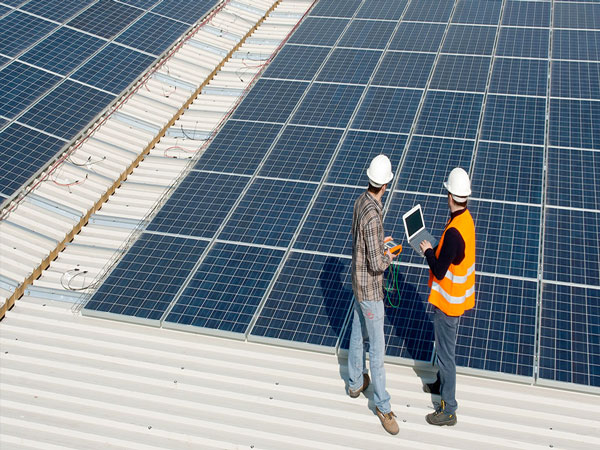

11/07/2025
Story Homes has submitted a full planning application to South Ribble Borough Council for a proposed new residential development in Longton, aiming to build on the success of its nearby Longton Grange scheme.
With the majority of homes now sold at Longton Grange, the developer is looking to meet co
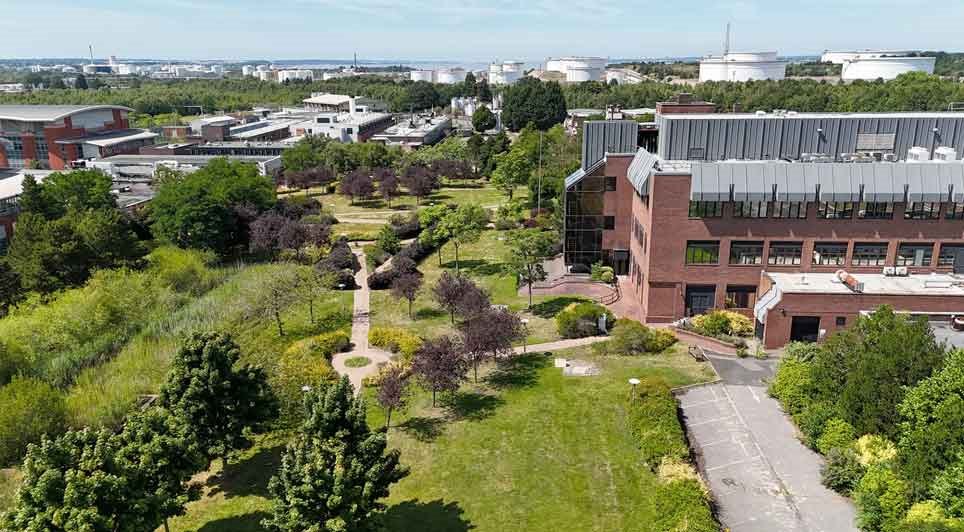
11/07/2025
Essar Energy Transition (EET), through its subsidiary EET Property Limited, has completed the acquisition of Thornton Science Park.
The 66-acre site includes purpose-built laboratories, industrial facilities, and office space, and is set to play a central role in EET's ambition to create one of Eur
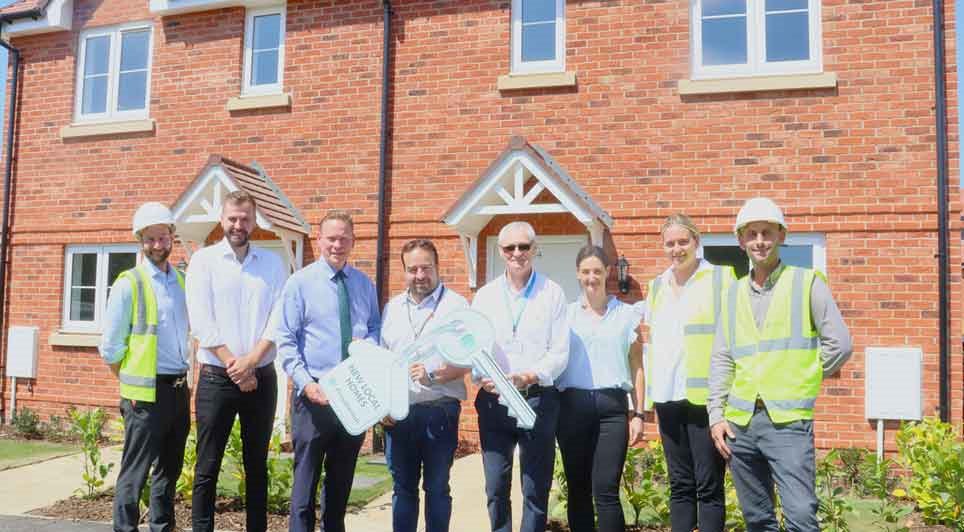
11/07/2025
Families are preparing to move into four newly completed houses for affordable rent at the Malthouse Meadows development in West Sompting, Adur.
The latest handover marks a key milestone in the delivery of high-quality, energy-efficient homes aimed at addressing local housing needs.
The four fami
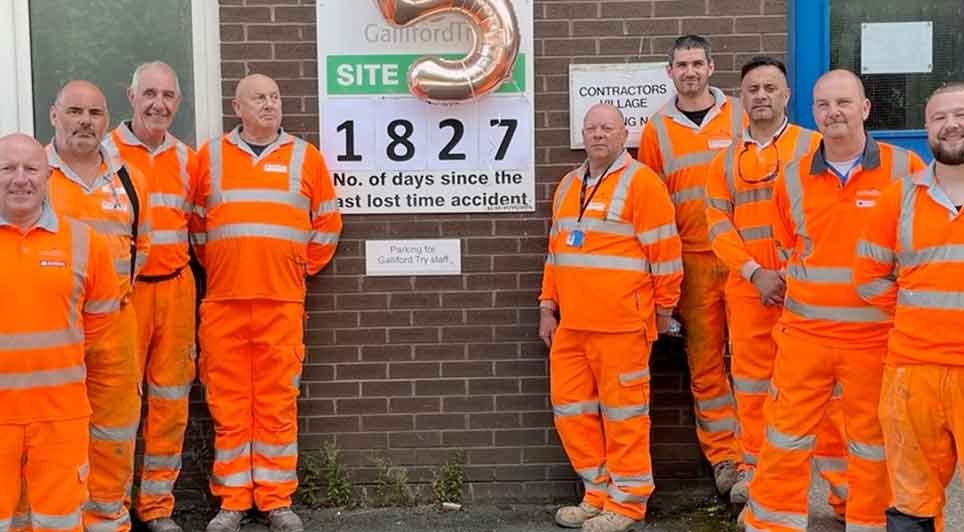
11/07/2025
Galliford Try's project team at the Syngenta manufacturing site in Huddersfield has been shortlisted in two categories at the 2025 Constructing Excellence (CE) Yorkshire and Humber Awards, celebrating the success and resilience of a long-standing partnership spanning over two decades.
The team has
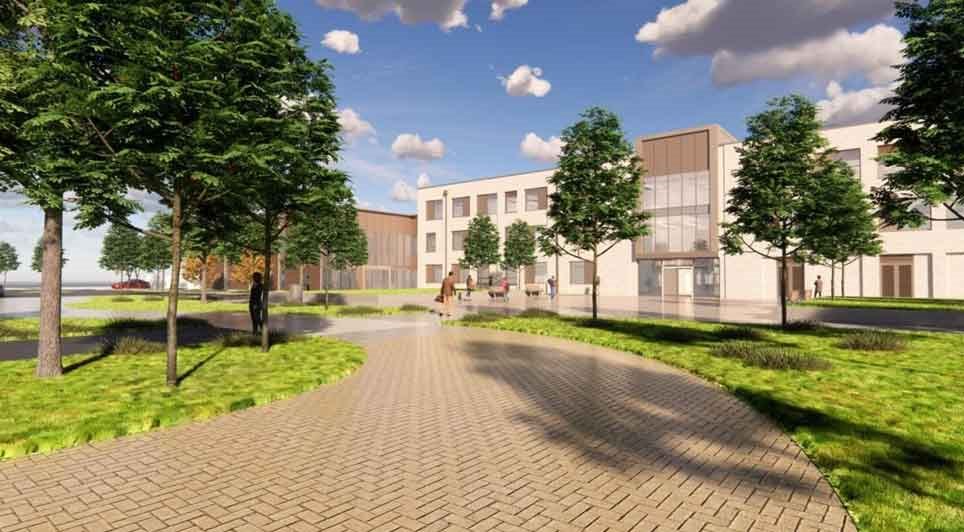
11/07/2025
Cambridgeshire County Council has appointed Morgan Sindall Construction to deliver a new secondary school at the heart of the Alconbury Weald development, continuing its investment in the region's educational infrastructure.
The new school, named Alconbury Weald Church Academy, will be run by the D

11/07/2025
Passengers and residents in Stone, Staffordshire, are being urged to prepare for a £7 million-plus package of railway upgrades set to improve safety, performance and long-term reliability on the West Coast Main Line.
The work, scheduled to take place during the summer school holidays, will include
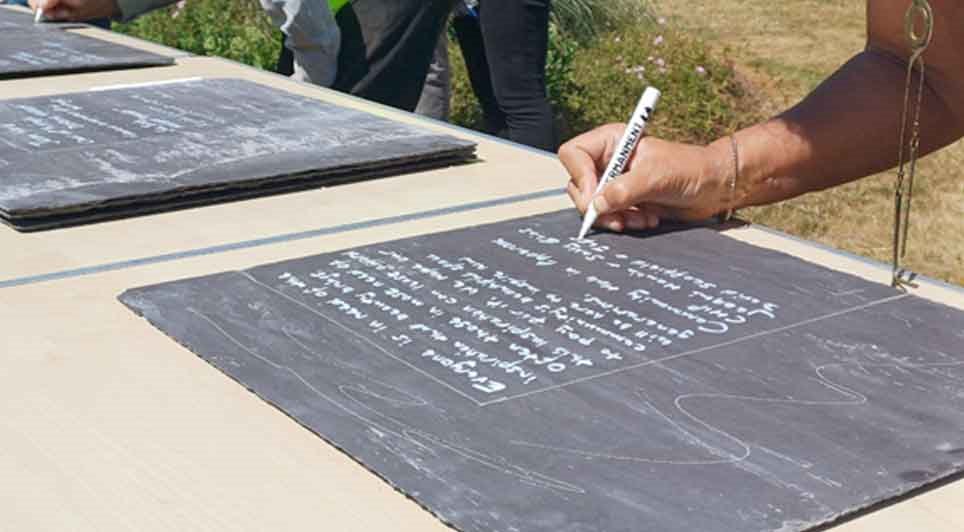
11/07/2025
A ceremonial tile signing has marked a major milestone in the restoration of the historic Pippbrook House, as roof-level works near completion on the Grade II* listed building in Dorking.
Chair of Mole Valley District Council (MVDC), Councillor Roger Adams, led the event, joined by a host of guests
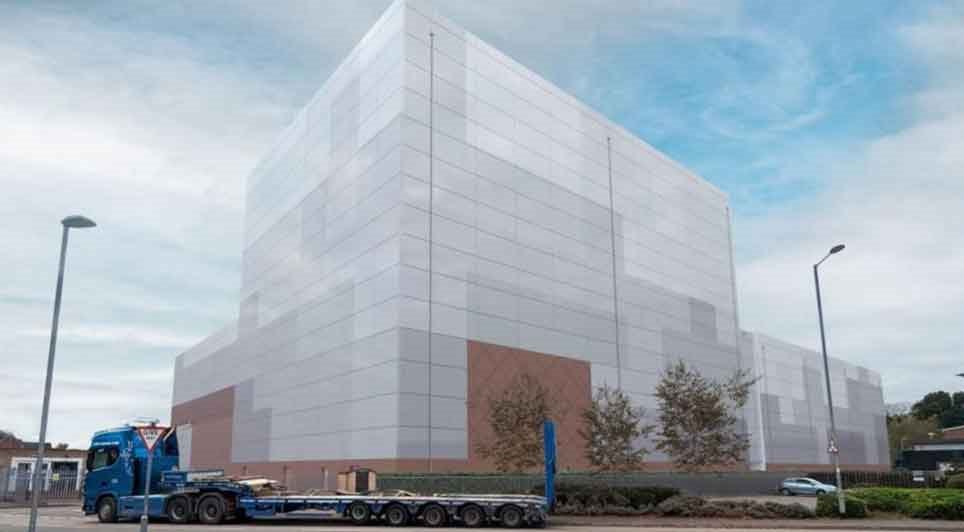
11/07/2025
ACS Construction Group has been appointed Principal Contractor by GE Vernova for a major infrastructure expansion at its Stafford HVDC Transformers facility, part of the company’s drive to support global decarbonisation through advanced transformer technology.
ACS commenced with the Test Supply Bui
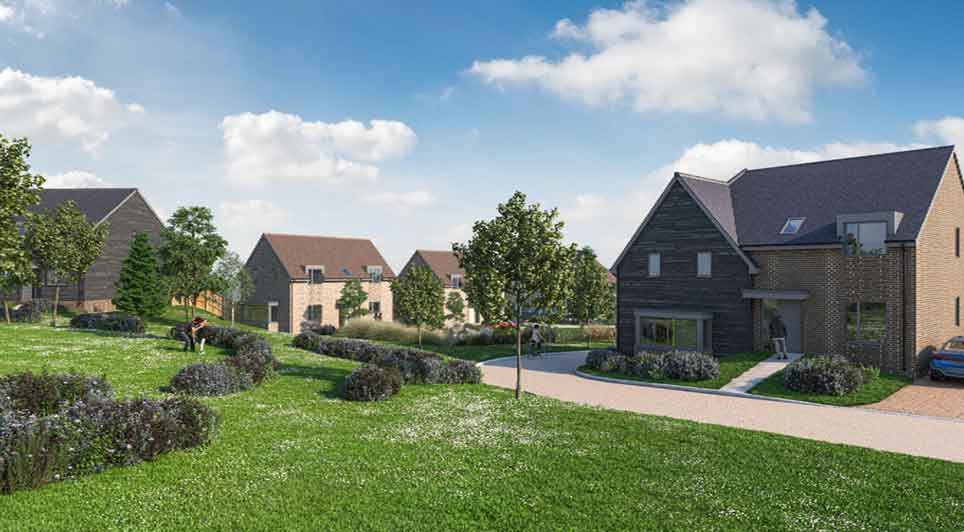
10/07/2025
Vistry Group has agreed two major deals with housing provider Abri to enable the delivery of almost 200 affordable homes across Hampshire, marking a significant step forward in addressing local housing needs.
In Funtley, near Fareham, Vistry has completed a simultaneous land acquisition and forward
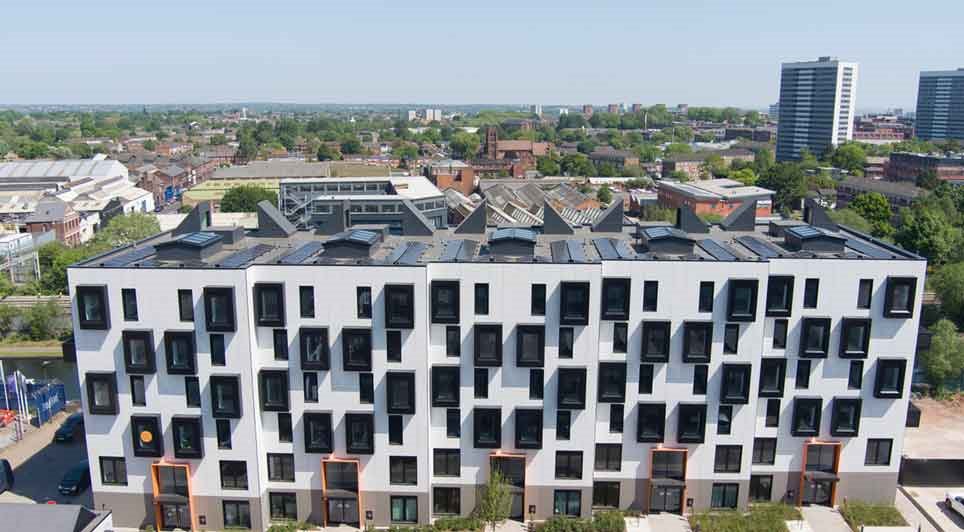
10/07/2025
Caddick Construction has officially completed its first Midlands project with the handover of Mansion House, a six-storey residential development comprising 58 new apartments, to joint venture partners Urban Splash and Places for People.
Located on the 43-acre Port Loop island alongside Birmingham
 UK
UK Ireland
Ireland Scotland
Scotland London
London











